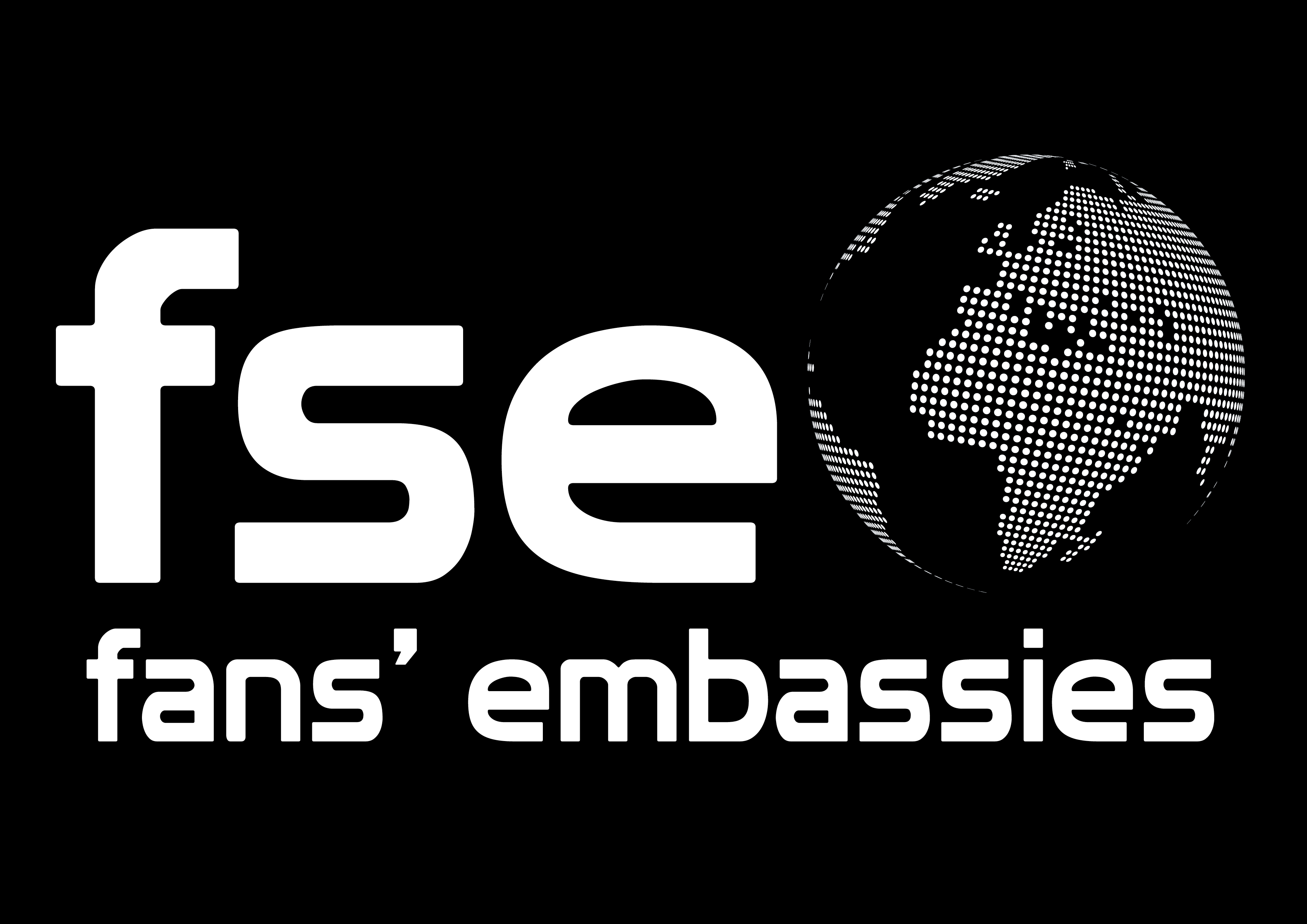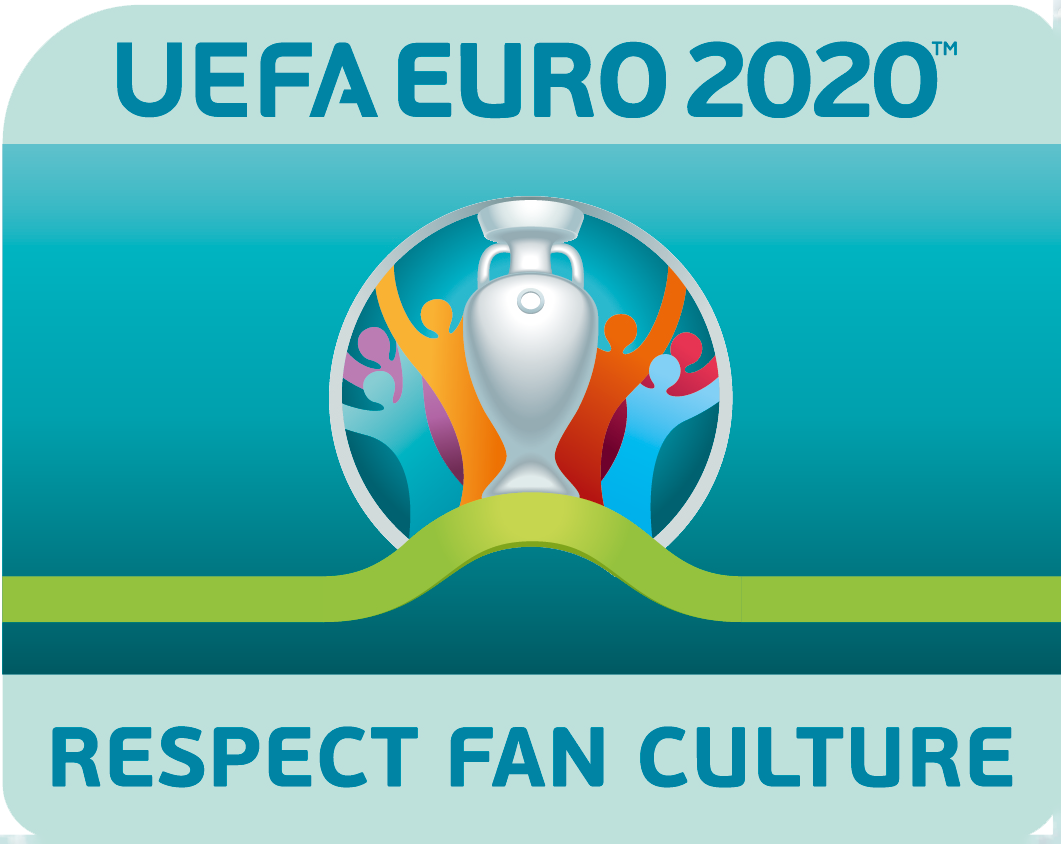In this interview we go back to the beginning of the Nineties and shed some light on the concept and formation of Fans´ Embassies. We talked with Michael Gabriel, head of the Coordination Centre for Fanprojects (KOS), who support professional social work with football fans in Germany.
The KOS is funded by the federal ministry of family and youth affairs and the German FA (DFB). Back in the day, Michael was one of the pioneers behind an information service organised by fans for fans at international tournaments – a historical move which has led to the professionalisation of the Fans´ Embassies that FSE coordinates to the present day.
FSE: What sparked the idea of running a Fans’ Embassy for the first time?
Michael: At the beginning of the 90’s both the Football Supporters Association (FSA) and KOS realised there was a requirement for a support mechanism for travelling international fans – the FSA being a supporters organisation and KOS as social workers who work closely with fans and understand their needs. We learnt that organisers of international football tournaments are not attentive to the needs of travelling fans. All their preparations seemed to be based on security concerns, fans were not welcomed as guests but solely addressed as a security issue. This often-caused problems and a negative atmosphere. We discovered that there was a need for a fan information point, an officially recognised, trusted point of contact in each city where fans could find support. The recognised information points needed to have established relationships with local police, hospitals, and many more stakeholders. EURO 1992 in Sweden was the first occasion where the KOS provided such a fan information point which was then named a Fans’ Embassy four years later at the EURO 1996 in England.
FSE: At the time (early 1990’s) were fans mostly regarded as troublemakers by authorities?
Michael: Yes, that was the case.At the time nearly all organisers and police did not differentiate and had no preparation for communication with football fans. Fans were seen purely as a potential problem and not embraced at all. We all know how exciting it is to meet fans from other clubs and countries, but these friendly contacts were not often possible because of this security hysteria. A really telling example happened at the EURO 2000 in Belgium. Prior to the match between England and Germany in Charleroi, both Fans’ Embassies had organised a fan friendly, but the mayor would not allow us to play it in the city, as it was regarded as a security threat. He asked for hundreds of security staff to get his permission. So, we had to travel more than 40 miles to the city of Waterloo where the mayor there finally allowed us to play. When we got to play, it was a brilliant occasion that was celebrated by all. By the way England lost 4:5.
FSE: Can you tell us about the foundation of KOS and their support and development through Fans’ Embassies?
Michael: The KOS was founded in 1993. It’s tasks mainly lie on a domestic level where pedagogues in institutions of social work called fan-projects support young football fans in their cities. The fanprojects are working as broadly accepted mediators between fans, clubs, associations, police and public authorities. There are 61 of these institutions in Germany, an impressing network which is funded by city-councils, the German federal states and DFB and DFL. It’s the FA who is funding our work on international soil from 1990 onwards. We learnt at Italy 90 that there is something wrong and established the first German Fans’ Embassy in Sweden 1992. At that time only Germany and England did some work on international level but not knowing one another. In my opinion England 1996 was a real milestone. It was the first tournament with international cooperation and the first time ever when fans, the FSA, were involved in the organisation of the tournament on every level. That was the key-factor as to why this Euro, from the perspective of a football fan was the best organised tournament I have witnessed. For the first time I witnessed the change of atmosphere in our main host city, Manchester. All pubs, museum, galleries were showing things related to football making everyone feel welcome, fans of all nations and the general public.
FSE: Did you ever imagine we would be in the position we are now with the success of Fans’ Embassies 30 years down the line?
Michael: No, not at all. It’s a big story of success. Shortly after EURO 1996 in England we founded Football Supporters International as a network of Fans’ Embassies in Europe. From FSI to FSE it was not such a big step. Thanks to FSE this positive progress has been made possible. Its structure provides so much help to better coordinate Fans´ Embassies, to harmonise dialogue standards and information services or to encourage new Fans´ Embassies projects. Under the roof of FSE the Fans´ Embassies project allows more consistency as well as support from UEFA. This institutional recognition has helped so many fan organisations to convince their FA that Fans’ Embassies are important to achieve a better, more secure and more welcoming atmosphere during tournaments and international fixtures.
FSE: What were the most notable points for the Fans´ Embassies in the past 30 years?
Michael: In 1996 people started to take note of us. Everyone expected trouble but nothing happened. It was a real celebration of football. And it was the start of our international cooperation. The Euro 2000 was the most negative experience. Police and the home offices took control of everything. They put more effort into building new prisons and to arm the police than welcoming fans and helping them. It was a disaster especially for the English fans.
2006 for KOS was the most important and successful tournament. For the first time at a World-Cup a fans’ organisation was integrated as an official member into the Organising Committee. We were responsible for the hosting conditions for the fans in all twelve host-cities.
FSE: What impact have Fans´ Embassies had on the fan culture since 1992?
Michael: The more football fans were addressed as vital part of the game the better the tournaments´ atmosphere has evolved. Those that come for other interest such as hooliganism were deterred by not wanting to be part of that atmosphere. The fan scenes have developed and so have Fans´ Embassies, they are now an integral part of international tournaments. A change in policing over the years has been an important aspect as well, police now are less visible and drive a more communicative approach which supports the atmosphere. Even though there are still several challenges in football and fan culture it really has paid off to include active fans in the organisation of tournaments.
FSE: What would you suggest to further expand the involvement of fans during international tournaments and fixtures?
The work Fans’ Embassies have had a massive impact on the atmosphere outside stadia but there are still massive problems inside football which urgently need to be addressed. First and most important the allocation and distribution of tickets. Tickets belong to real fans and not to sponsors or celebrities. Second, I wish to see the introduction of standing capacities. This massively would help to improve the atmosphere during matches. Finally, there is a clear need to reduce the over commercialisation of the football business which becomes most obvious at international tournaments.

